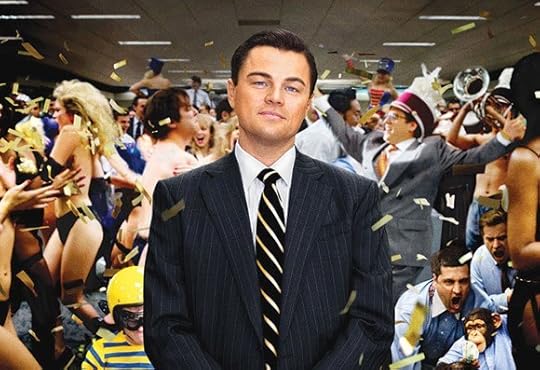What do you think?
Rate this book


416 pages, Hardcover
First published April 3, 2014
There is no law, only power.The author looks at some of the details of how this is manifested in the USA, and offers, in addition, some insight into the psychology of criminal targeting. Matt Taibbi is widely known and respected as a hard-hitting author and financial reporter/editor for Rollingstone Magazine. His previous book, Griftopia, went into considerable detail about how debt is used by large corporations to ensnare customers, how commodity speculation screws us all, how some politicians are selling off public assets for their private political gain and how the vampire squid that is Goldman Sachs has been draining the fiscal blood from the planet. If you get off on seeing what is going on behind the curtains, this constitutes good times. Well, Taibbi is at it again.

We’re creating a dystopia, where the mania of the state isn’t secrecy or censorship but unfairness. Obsessed with success and wealth and despising failure and poverty, our society is systematically dividing the population into winners and losers, using institutions like the courts to speed the process. Winners get rich and get off. Losers go broke and go to jail. It isn’t just that some clever crook on Wall Street can steal a billion dollars and never see the inside of a courtroom; it’s that plus the fact that some black teenager a few miles away can go to jail just for standing on a street corner, that makes the whole picture complete.Taibbi offers plenty of examples.
That’s what nobody gets, that the two approaches to justice may individually make a kind of sense, but side by side, they’re a dystopia, where common city courts become factories for turning poor people into prisoners, while federal prosecutors on the white-collar beat turn into overpriced garbage men, who behind closed doors quietly dispose of the sins of the rich for a fee.As more and more folks are being pushed over the side of the middle class to swim the waters of working class America, more and more folks are coming into contact with the legal horrors that swim those waters.
